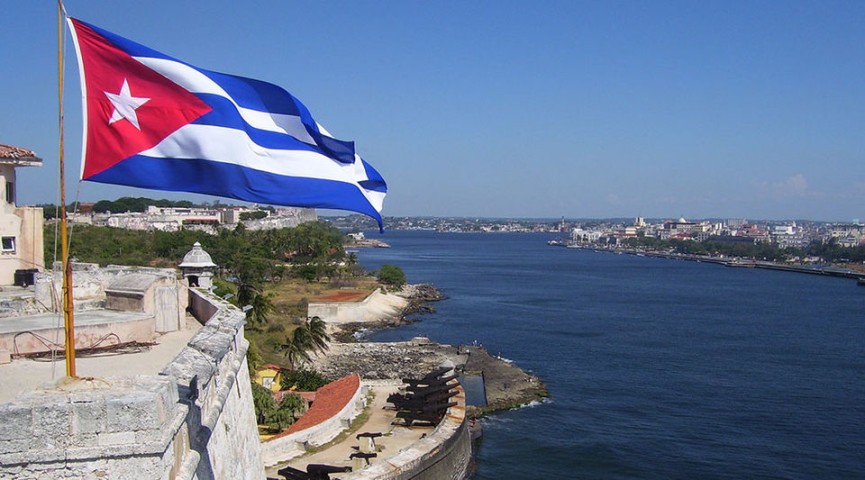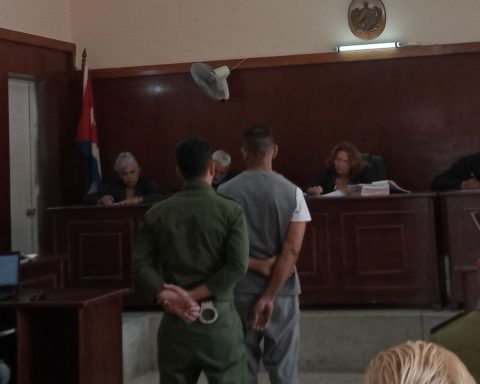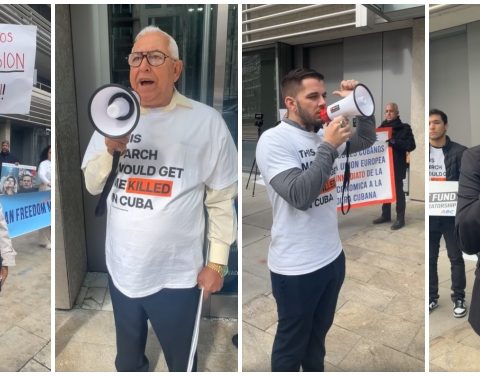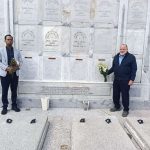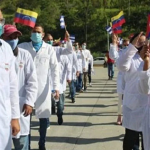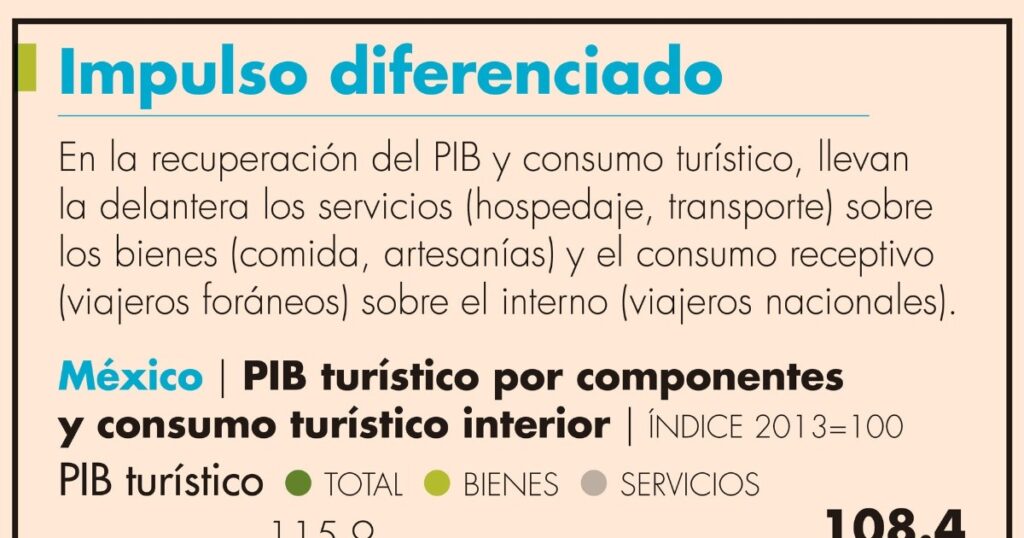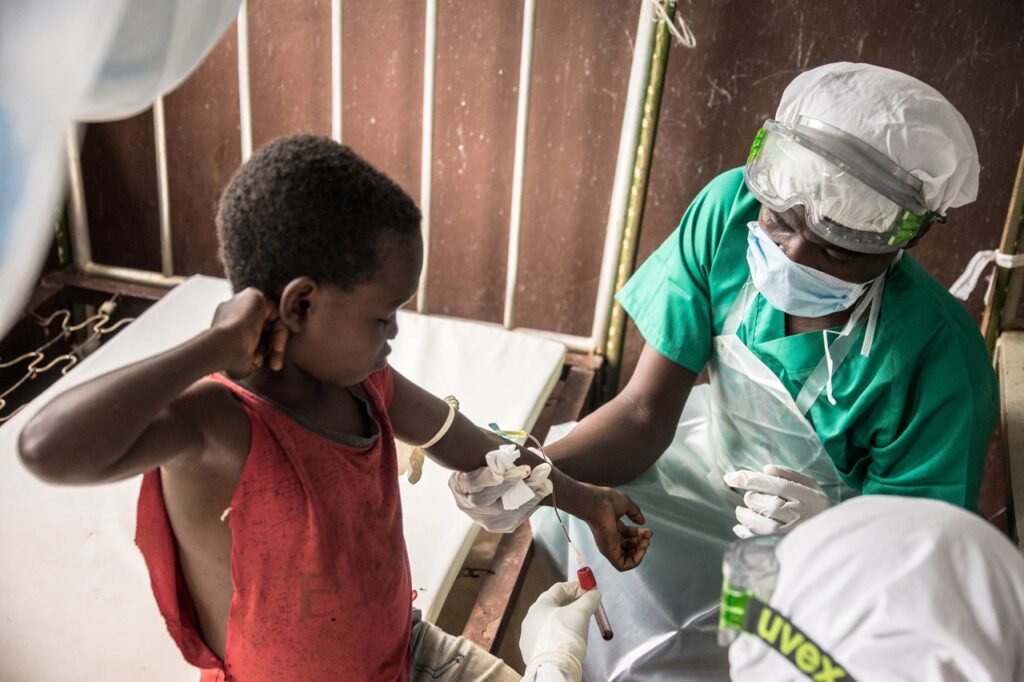HAVANA, Cuba.- The outstanding Cuban essayist Jorge Mañach, in his admission speech at the Academy of Cuban History, entitled “The Nation and historical formation”, and collected in the book History and Style of 1944, refers to the nation as the most defined form of peoples, beyond the geographical space in which we live. Let us relate this concept to May 20 and the Cubans.
Mañach argues that “The nation is a collective conscience. A people only has its conscience made when it feels solidarity in its memories and aspirations”.
In this sense, we see how most peoples have a well-grounded collective consciousness, due, at least, to historical events that support the memory of their inhabitants. To cite just two examples: the United States and France. Regardless of the political or ideological positions of the Americans and French, in those countries all of them have as sacred the national dates of July 4 and 14, respectively. They are places where the nation seems consolidated.
In Cuba, unfortunately, it does not happen that way. Because here the date of May 20, which marked the advent of the island to the concert of independent nations, and of which we now reach its 120th anniversary, instead of uniting Cubans, in practice divides them.
Cubans attached to the republican roots of our country, despite the almost reached consensus in the sense that a Republic with many imperfections was born that day, will surely celebrate the date. Instead, the followers of the Marxist-Leninist dictatorship that currently holds power on the island are going to ignore or slander the date.
Then we could affirm, always adhering to the mañachnian conception, that in civic matters Cuba is passing through a stage in which the nation still shows no signs of conformation.
Those minutes had been longed for
However, and since a good part of the generations of Cubans currently residing on the island have only received a negative image of the date of May 20, we are going to include in this article a paragraph that describes how that day passed for Cubans. then. Of course, this is a history written before Cuba’s past was adulterated by historians of Castroism.
“While Leonardo Wood and Estrada Palma were making their speeches in the Palace, the El Morro castle, under the presidency of Emilio Núñez and after 45 cannon shots, was replaced by US troops and Cuban veterans, replacing the flag of the stripes and the stars for the flag of insular freedom. To the chords of the national anthems of the United States and Cuba, the banner of the great power was also lowered at the Palace and that of the new sovereign nation was hoisted. The spectacle offered by the thousands and thousands of women and men, children and the elderly, first in excited waiting, then in overflowing frenzy, who, on the Gulf coast and the port entrance, and in the surroundings of the Palace, greeted the changes of flags. Those minutes had been longed for and awaited by several generations, in the midst of immense sacrifices, compensated by the value of a glorious transformation. (History of the Cuban nationvolume VII, page 147. Year 1952)
There is no doubt that the Cubans of today and tomorrow have, among others, two extremely important tasks. In the first place, erect the democratic institutions that found the inclusive homeland that Martí requested. On the other hand, it is essential to reconstruct the historical memory of the nation. Only then can we access the collective consciousness mentioned by Mañach.
OPINION ARTICLE
The opinions expressed in this article are the sole responsibility of the issuer and do not necessarily represent the opinion of CubaNet.
Receive information from CubaNet on your cell phone through WhatsApp. Send us a message with the word “CUBA” on the phone +1 (786) 316-2072, You can also subscribe to our electronic newsletter by giving click here.
